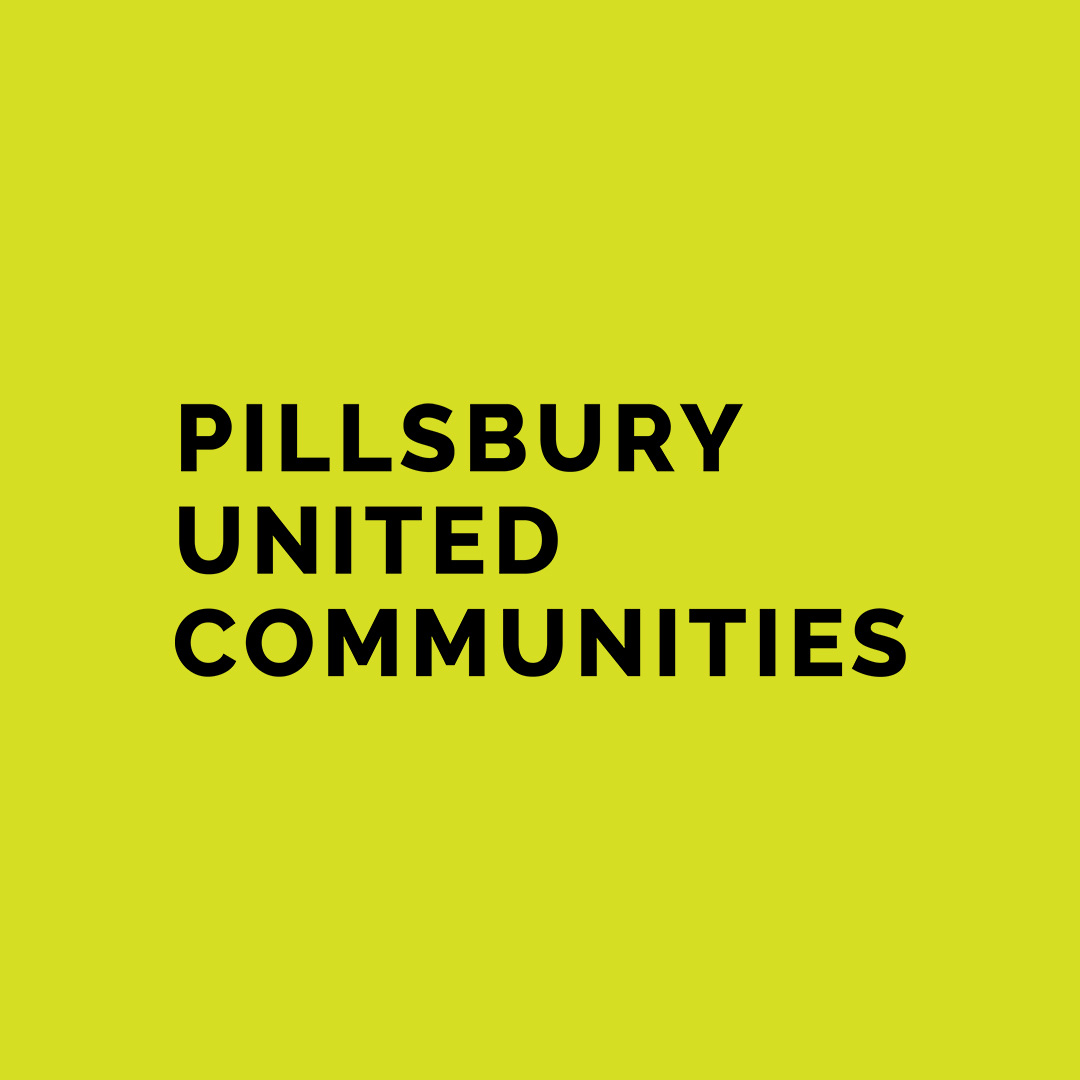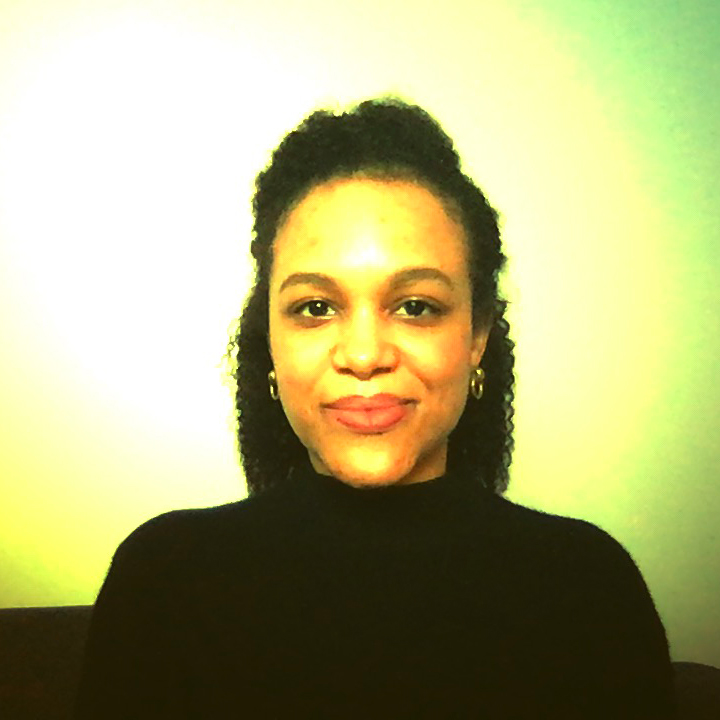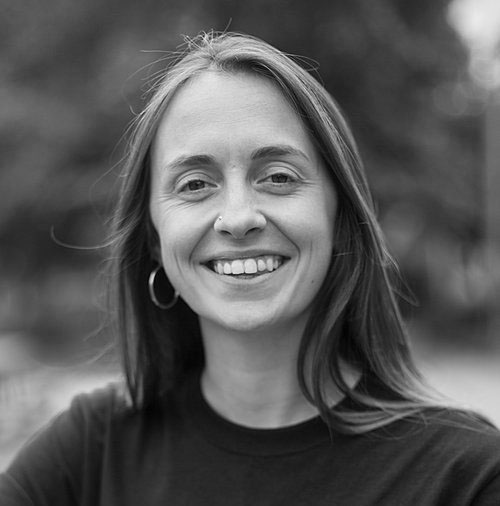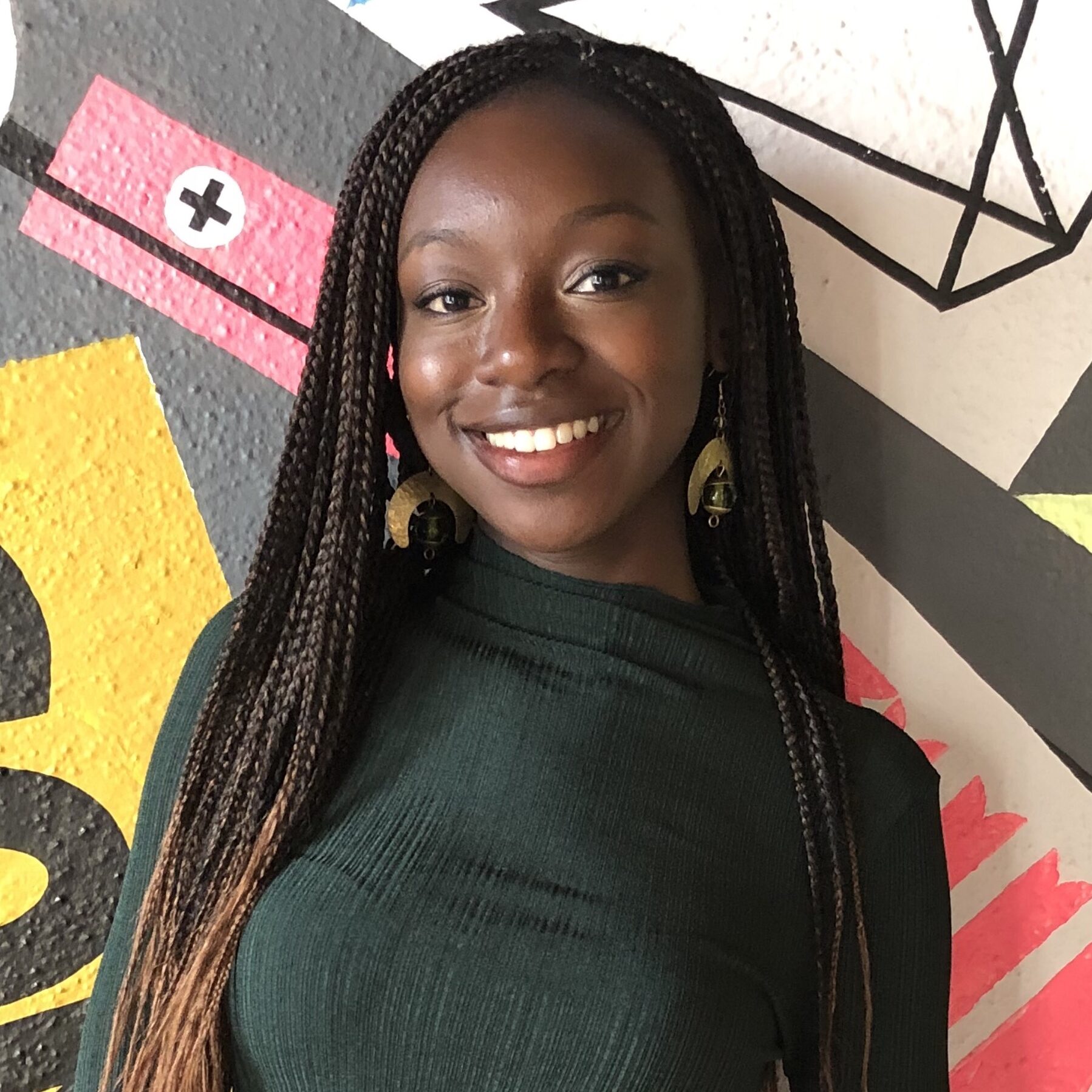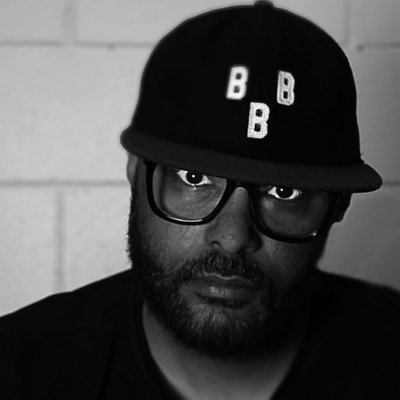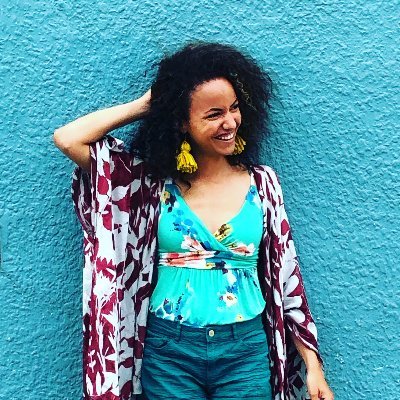[An Untitled Song]

Story by Nyemadi Louise Dunbar
Photography & Video by D.A. Bullock
Design by Melanie Walby
There are places we remember throughout time.
Some moments, like The March on Washington, are hailed as bright in and of themselves, and others illuminate society’s difficulties — lunch counters across the American South in the 1960s, Tiananmen Square in 1989, Kent State in 1970.
We don’t have to venture so far back in time to find the frontlines for freedom that household television sets and social media handles across the United States have been privy to: Ferguson in 2014, Dakota Access Pipeline in 2016 and 2020’s very own George Floyd protest that sparked an uprising across the globe.
We protest with our physical bodies. We protest by our sheer will to exist with the same continuity that the sun and moon possess. And, we protest in the words we pen to stand alone or to coexist with instruments.
“We protest in the words we pen to stand alone or to coexist with instruments.”
We lean on the existence of protest music for inspiration, nostalgia and historical context.
Their composition shares lyrics that hang on to our hearts long after the beat ends and the voices fade.

But if you’re in search for a tune that is now, you only have to listen to the song of change that Twin Cities youth are singing.
From the corner of Aldine and Herschel in Saint Paul to North Commons and Brian Coyle parks in Minneapolis, the words they shared and ideas they pieced together is music without instrument.
Unpack and be galvanized by their navigation of systems of oppression and violence. Understand these youth as not the challenges they face but as the people they are, the dreams they are working towards and the bright future they deserve.
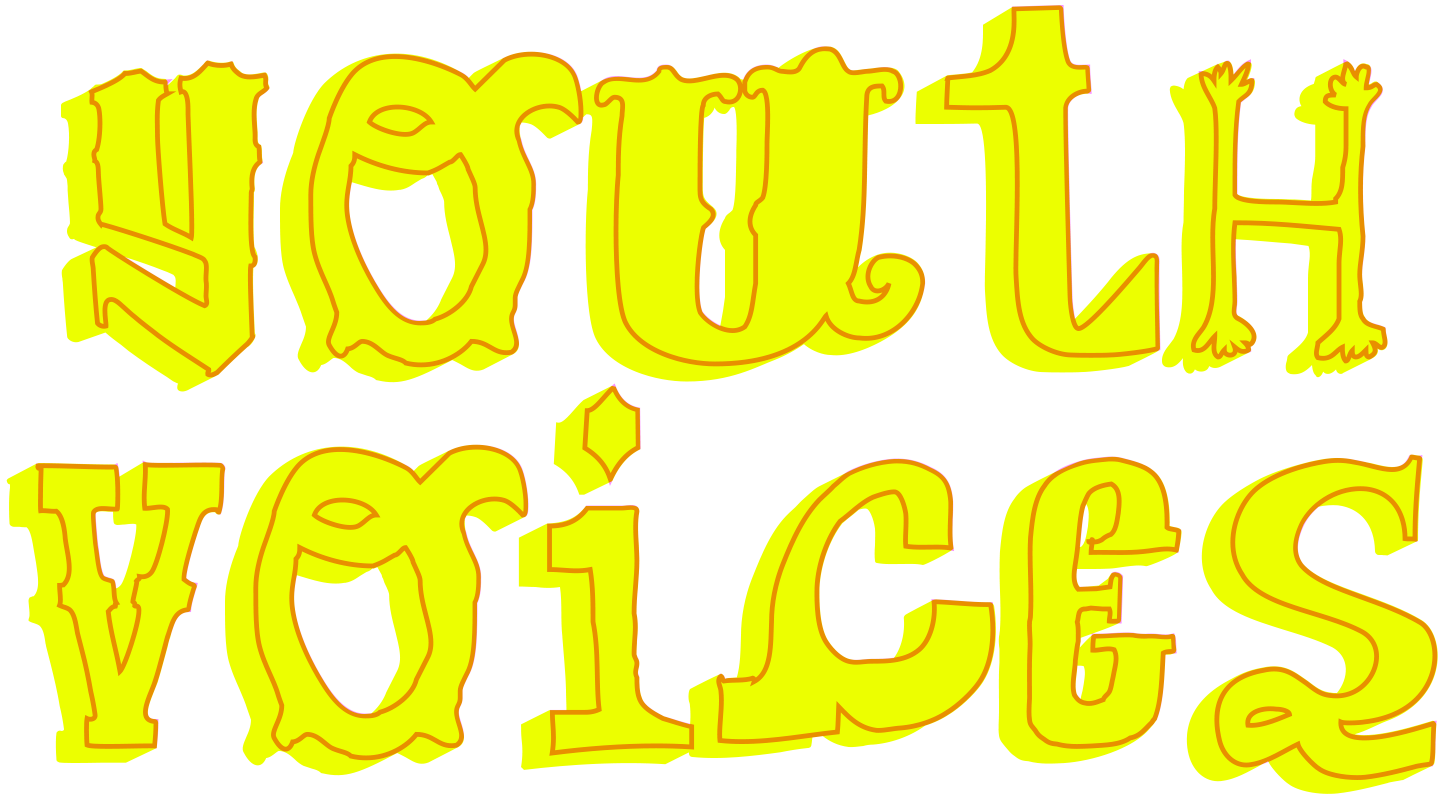
“I feel like everybody at my age should be chasing their dreams.”
You remember what it felt like to be a young dreamer with a great, wide world there for the taking. You chased jobs, friendships, open sky and the freedom to exist as your full self. The words of Andrianna Bynum, a senior at Minneapolis’ North High School, captures a sliver of youthful utopia. It isn’t lofty to Andrianna and her peers. Her eyes rest on achieving this ideal through dual accountability: a community and police force pulling together to help — not hinder or harm.
“I shouldn’t have to go out of my way to go somewhere to feel safe because this is my community.”

Andrianna’s words are a callback to the days of school integration attempts throughout the 50s and 60s. While choice was achieved via policy for students, it put the focus on what was outside of under-resourced communities rather than lifting them up for equitable funding. And that choice? Surface level. Desegregation, which was hyped to replace “separate but equal,” followed suit of its predecessor in never fully materializing. Youth are asked to look outside of themselves when seeking opportunity. Not for them to explore outside of their comfort zones as an exercise in maturing, but because society has deemed the space that they call home as not worthy of investment. For them, home is not only where the heart is, but where funding is a friendly face and fear has no place to rest its feet.
“Nobody knows if it’s their last day or if they can be in the wrong place at the wrong time. People are dying by violence that don’t concern them.”
It’s an egg-shell type of life that the youth shun. Having lost several loved ones the past six months alone, Tayven Smith, a graduate of Minneapolis’ North High School, knows all too well that tomorrow isn’t promised. He began to keep to himself as he journeyed through his teen years, noticing that one can get caught up in the wrong crowd when they stray from their own route. For Tayven, leaving Minneapolis for a larger city with more options was crucial in offering peace of mind and change of pace. Andrianna has taken a similar route in keeping internally focused — choosing to lean further into her love of basketball and the excitement of life after graduating from high school.
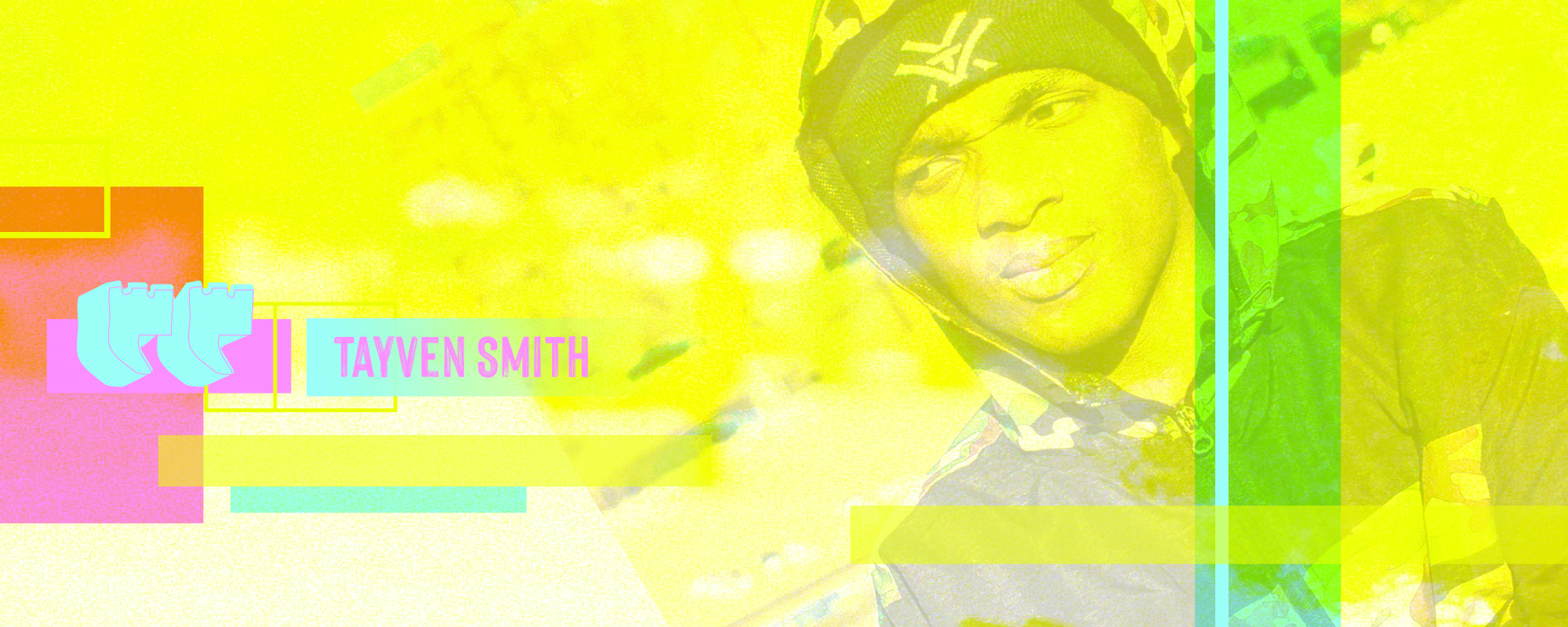
“People are more focused on disciplining kids and Black people than they are with solving problems and solving things that are deep rooted mentally.”
A poignant take from Glenda Young-Shinnick of North High School that highlights life on the wrong side of passed policy and cultural biases. People who experience this want the weight of generational trauma and inadequate systems lifted from their shoulders. Seeing a way out by ushering in conversations around the need for nuance and intersectional transformation in the way life opens up for the melanin blessed.
“People have already been punished all of their life for existing.”
These words, Glenda’s, nestle their way into your mind for the long haul. Underneath the hurt, there is an understanding that it is living underneath a biased system — not Blackness — which poses a problem in the quest for life. Youth are seeking the ‘off’ button on the vacuum that is stripping their communities of opportunity, resources and somewhere to turn in times of success and sorrow.
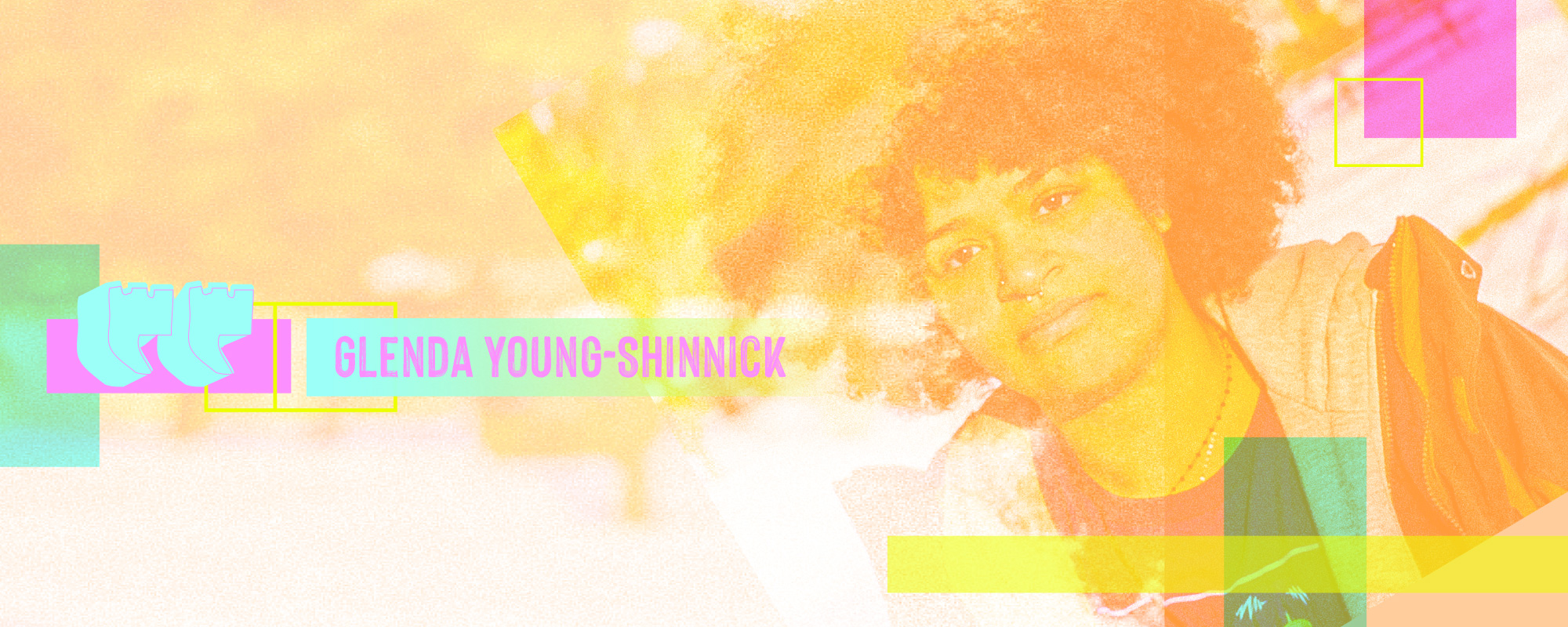
“We need a whole new system, we need a whole new government, we need a whole new way of life.”
Glenda isn’t shy in her wish to overhaul a system’s pitfalls that she has become familiar with in her 17 years of life. While there is no youthful innocence about the hardships that life can dish out, there does remain a confident resolve from youth that there is more to life than what they’ve been sold. And they are asking for more than symbolic gestures in how we take our next steps as a city. Do not confuse the rush for change with impatience or indifference. The children are our future and if we ask them to slow down their well-founded asks for jaded mindsets to catch up, we’ll not have much to look to on the horizon.
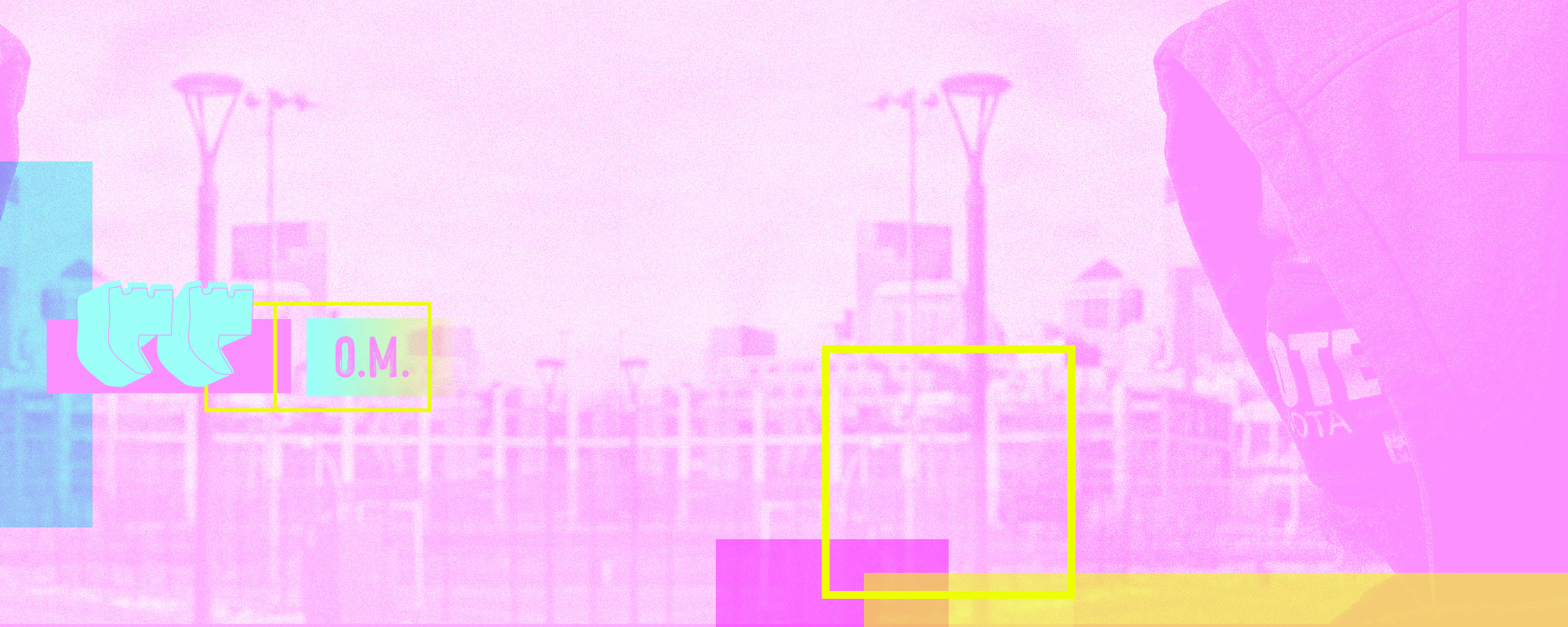
“I wish we could live in a world where people feel safe without a gun and where people don’t decide to kill each other.”
Sirens. Somewhere. Gunshots. Grief. This cadence has become all too familiar for Minneapolis’ youth. For O.M. of Minneapolis’ Cedar Riverside neighborhood, the idea of immigrants escaping from violence in one country only to take part in it in another is an unthinkable hurt that separates the sacrifices of their elders from the importance of their actions.
For Andrianna and Glenda, both affected by gun violence targeted towards their boyfriends, mastering life in the aftermath has raised their awareness of just how essential it is to have a support system of people and places. They are trying to make sense of a shattered present and a change in their constant — all the while urging their peers that chasing clout and acceptance through gun violence isn’t the answer.
The youth have given their voices and vulnerability for consumption. They ask that you act upon the front lines that they are living on.

History will remember Minneapolis like it has remembered other epicenters of the quest for change. We will be analyzed and judged in the court of public opinion — and fact.
How harshly or heroically we are seen is entirely dependent on whether we truly rise to the challenges that lay before us.

You may be headed to your favorite music listening device, vintage or virtual, to plug in the tunes referenced in this space. The question that we must ask ourselves is this: do we want more music, or do you want more change?
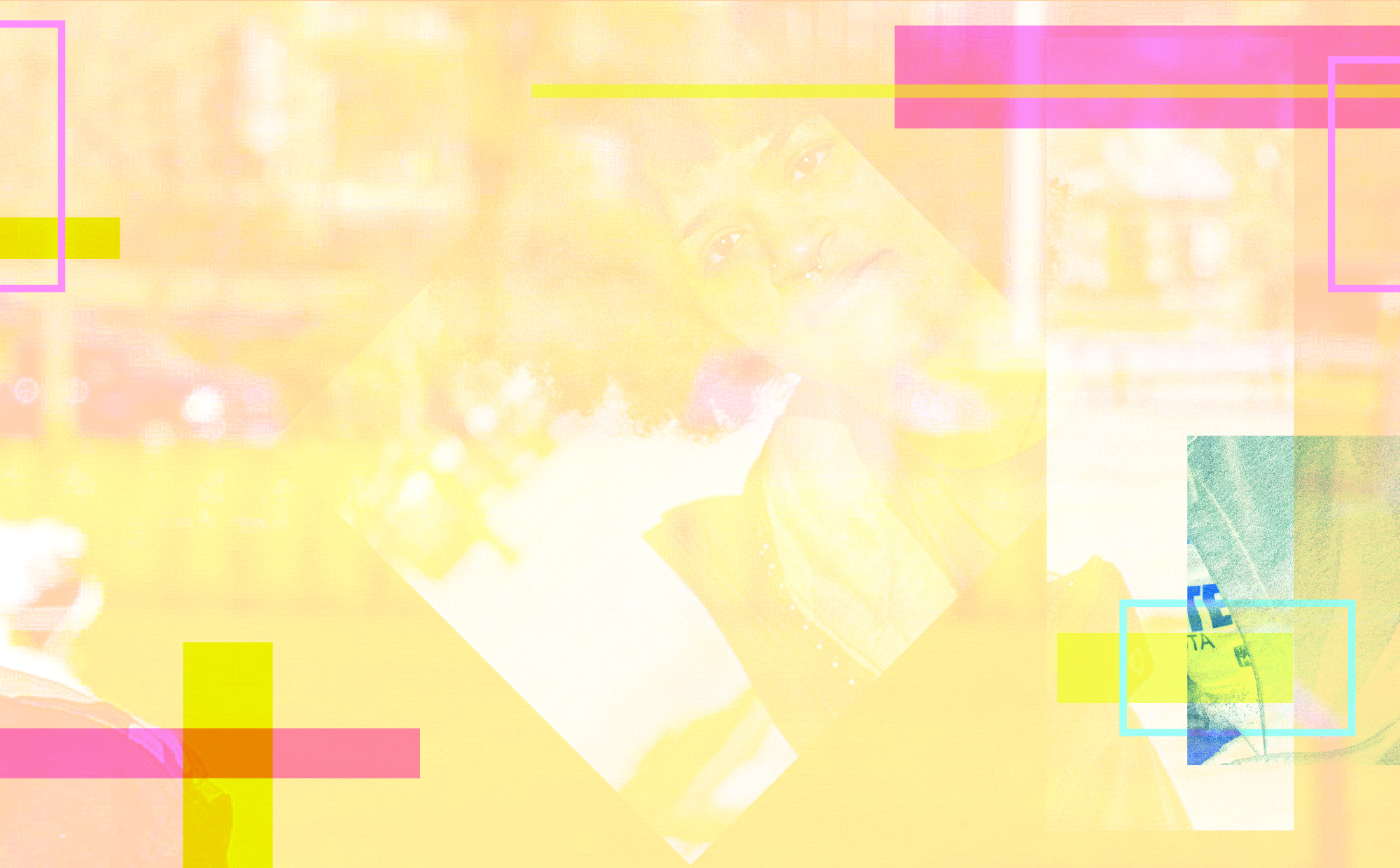
This story is part of an ongoing series on reimagining public safety:

Contributors
